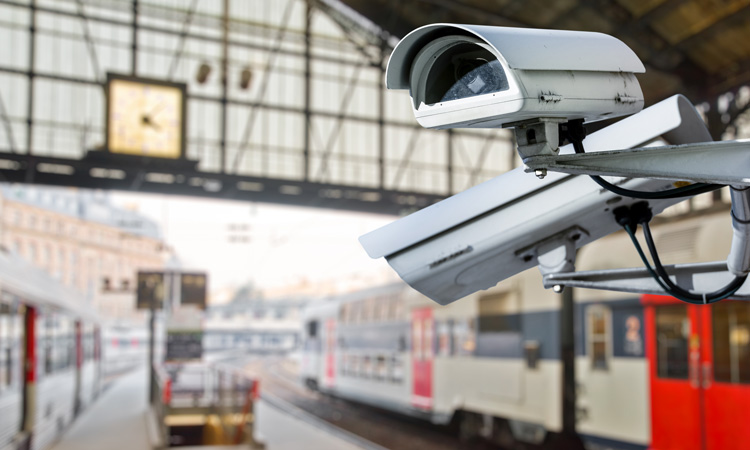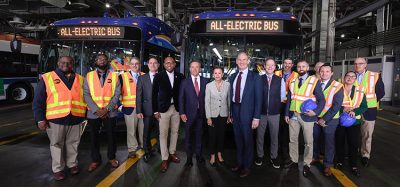Study demonstrates that safety is key for passenger satisfaction
- Like
- Digg
- Del
- Tumblr
- VKontakte
- Buffer
- Love This
- Odnoklassniki
- Meneame
- Blogger
- Amazon
- Yahoo Mail
- Gmail
- AOL
- Newsvine
- HackerNews
- Evernote
- MySpace
- Mail.ru
- Viadeo
- Line
- Comments
- Yummly
- SMS
- Viber
- Telegram
- Subscribe
- Skype
- Facebook Messenger
- Kakao
- LiveJournal
- Yammer
- Edgar
- Fintel
- Mix
- Instapaper
- Copy Link
Posted: 26 March 2020 | Sam Mehmet (Intelligent Transport)
Researchers have found that, on average, women are 10 per cent more likely than men to feel unsafe on metro trains and six per cent more likely than men to feel unsafe on buses.


A study, conducted by Imperial College London on data from 2009 to 2018, has looked at 327,403 passenger responses to Customer Satisfaction Surveys (CSSs) from 28 cities across four continents in order to determine how safe people feel on urban public transport across the world.
The largest difference between women and men’s perceptions of safety was in Europe, where women were 12 per cent more likely to report feeling unsafe than men.
The smallest difference was in South America, where women were nine per cent more likely to report feeling unsafe than men. The researchers said that the findings highlight an important social issue that could be preventing some women from thriving both personally and professionally.
Lead author Laila Ait Bihi Ouali, of Imperial’s Department of Civil and Environmental Engineering, said: “Feeling unsafe can lead to social, professional, economic, and health problems for those affected. In this case, women who feel unsafe on public transport might turn down shift work at certain times of day, or avoid social or work events that require travelling a certain route.
“Our study was conducted on data from before the coronavirus outbreak, but its message will be just as important when life resumes as normal.”
The study also reportedly showed that women were overall less satisfied than men with public transport services, but the gap between genders for satisfaction was far less than for safety (gap of three per cent gap for satisfaction on metros; 2.5 per cent gap for satisfaction on buses). The researchers said that this demonstrates that safety is an important part of overall passenger satisfaction.
The team found that having more staff on metro trains did not correlate with feelings of safety, but that more staff at stations were correlated with increased feelings of safety.
Higher rates of violence on transport networks – particularly robberies – were linked to decreased feelings of safety, as were having more carriages per train, and carriages that were larger.
The researchers stated that quantifying feelings of safety on public transport with operators’ own data could help contribute towards creating tangible goals, which operators could use to improve people’s feelings of safety.
“Our research exposes a gap in passenger safety levels that’s often overlooked. We hope that by putting a figure on feelings of safety, urban metro and bus companies can take measures to boost women’s feelings of safety and reduce the gap between genders,” said Bihi Ouali.
Related topics
Public Transport, Transport Governance & Policy, Vehicle & Passenger Safety
Related organisations
Imperial College London
Related people
Laila Ait Bihi Ouali








